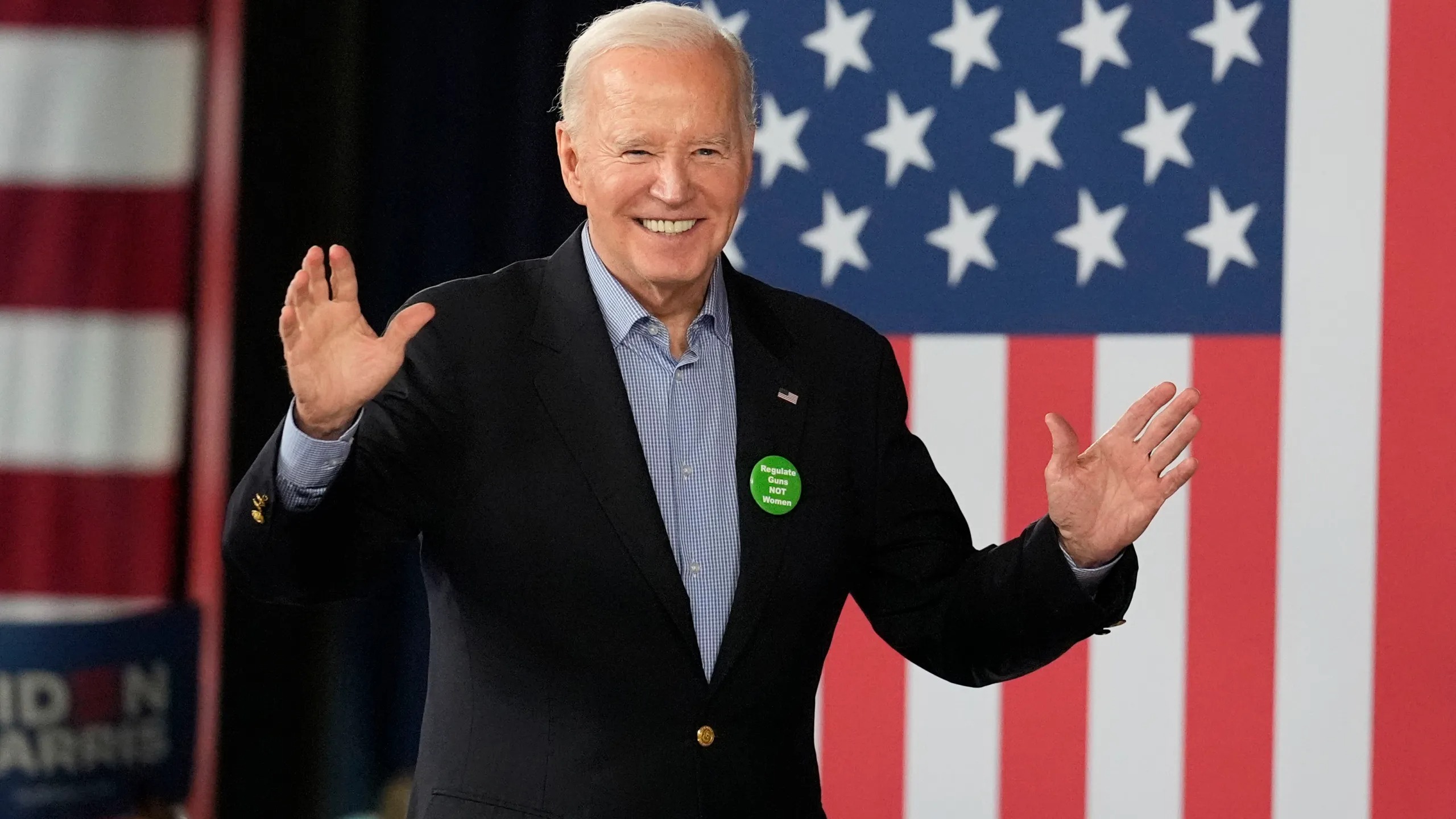Polish President Andrzej Duda and Prime Minister Donald Tusk, alongside U.S. President Joe Biden, met at the White House to reaffirm the strong relationship between the United States and Poland.
President Biden reiterated America’s unwavering commitment to Poland, emphasizing the importance of collective defense and NATO’s principle of mutual defense.
A key topic of discussion was defense spending, with President Duda advocating for NATO countries to increase their defense budget to 3 percent of GDP in response to the current security environment near NATO’s eastern borders.

Prime Minister Donald Tusk (Credits: Reuters)
This marks a departure from the previous benchmark of 2 percent and reflects the need for a more robust defense posture, given heightened tensions.
President Biden acknowledged the insufficiency of the newly announced aid package for Ukraine, signaling the need for continued support in the region.
Duda reiterated his call for increased NATO defense spending, citing Russian aggression towards Ukraine as evidence of the need for the U.S. to lead in security matters.
Duda also highlighted Poland’s commitment to NATO, noting that the country’s defense spending exceeds 4 percent of GDP, the highest ratio within the alliance.
He emphasized Poland’s reliability as an ally, citing the country’s participation in military operations alongside the U.S. in Iraq and Afghanistan.

Biden (Credits: DC News Now)
In addition to defense, Duda discussed the importance of U.S.-Poland cooperation in energy and economic investments. He mentioned constructing a new nuclear power plant in collaboration with the U.S. and invited American companies to invest in Poland.
Prime Minister Donald Tusk thanked Biden and the U.S. for their commitment to NATO’s founding principles, including democracy, individual freedom, and the rule of law.
He emphasized Poland’s role as a stable democracy and a pillar of the transatlantic community, committed to NATO’s principles regardless of domestic political outcomes.
The meeting underscored the strong partnership between the United States and Poland, particularly in defense, energy, and economic cooperation, and their shared commitment to NATO’s principles and the region’s security.























